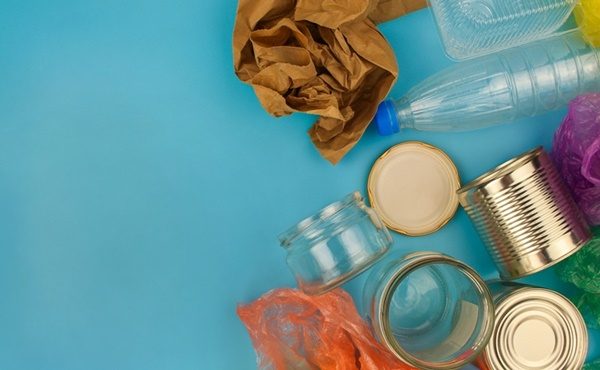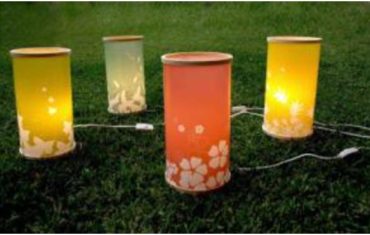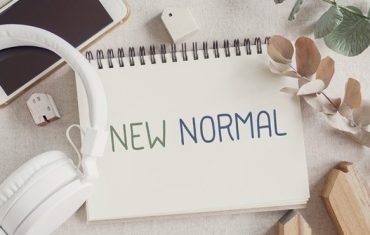A shake-up of Australia’s recycling commitments has big implications for the retail sector, while research shows consumer attitudes towards plastic packaging is shifting.
Just last month two landmark recycling announcements from the Australian Government marked the advent of the plastic ban.
At an industry event last month the government pledged to make all packaging reusable, recyclable or compostable by 2025.
The government also launched the Australasian Recycling Label, Australia’s first evidence-base national recycling label that clearly tells consumers whether packaging is recyclable.
More than 50 businesses committed to use the label including Nestle, Woolworths, Officeworks and Coca-Cola Amatil, with the launch aiming to make 70 per cent of Australia’s plastic packaging recyclable or compostable by 2025.
Brooke Donnelly, CEO of the Australian Packaging Covenant Organisation (APCO) says that the label aims to minimise the confusion that consumers cite as a main reason for contamination in recycling.
“The Australasian Recycling Label will help people make informed decisions and ensure our recycling efforts are resulting in maximum resource recovery.”
While the launch of the label is good news, more action is needed to reduce waste within the supply chain, Donnelly says.
“In order to fully close the loop on packaging, we need collaboration from the entire packaging supply chain, from raw material manufacturers through to retailers, consumers and recyclers. Sharing our respective responsibilities for the sustainable management of packaging is the only way to achieve a truly circular economy.”
But packaging is only part of the problem, she says, pointing to the need for coordinated action between government and industry to tackle other forms of waste.
“Packaging is only part of the move to a circular economy. Action is also needed on other waste streams, and the packaging targets have been set in the context of an update to Australia’s National Waste Policy, which is expected to be completed by December 2018.”
The news come as research by Pact Group finds consumer attitude towards packaging waste is shifting.
Ninety-one per cent of Australians are concerned about the impact of packaging while 76 per cent say they are more concerned about packaging waste than they were five years ago, the research found.
Despite this, less than half said they would be willing to pay more for a product with more environmentally friendly packaging.
Consumers play a critical role in the transition towards recyclables, Donnelly says.
“The packaging sector is adopting ambitious targets, but consumers will play a key role in ensuring we shift our consumption patterns and dispose of materials correctly.”
Pact Group executive chairman, Raphael ‘Ruffy’ Geminder, says Australia’s packaging industry faces an inflection point with consumer sentiment shifting and government action forthcoming.
A call-to-action was launched on Sum of Us for the government to do more to address single us plastic waste.
According to the poll commissioned by SumOfUs, 76 per cent of Australian voters say the Liberal Government should be doing more to tackle single use plastic waste.
The news comes as a review of Australia’s National Waste Policy is currently underway analysing how recycling can be maximised throughout the supply chain.
By Georgia Clark
This article first appeared on retailbiz







